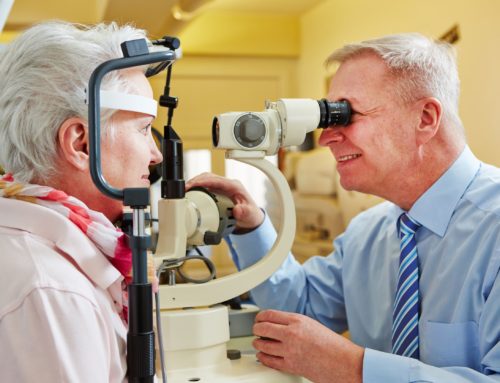When a loved one has been diagnosed with Alzheimer’s or Parkinson’s disease, Medicaid may be a necessity to cover the cost of a assisted-living facility or nursing home once independent living is no longer a safe option. Unfortunately, the qualification process for Medicaid is not as simple as it seems.
The threshold requirement for qualifying for Medicaid benefits is that you are medically in need of the care. In the cases of advanced Alzheimer’s, the need for care may be obvious, but the technical requirement is that the patient must need assistance with three or more activities of daily living, or ADLs. ADLs include: bathing, dressing, moving from the bed to a chair, walking, eating and using the toilet. A diagnosis of severe dementia or late stage Alzheimer’s is an automatic qualifier.
After the patient has been medically confirmed as in need of Medicaid, asset and income limitations will be evaluated. This is where the process can get incredibly complex, especially if there are retirement funds, investments, property or other assets that belong to the patient. The limitations vary from state to state, and also consider if the person is single, widowed or married.






